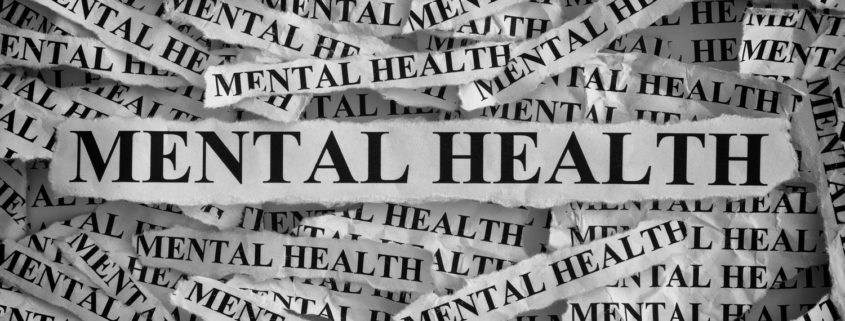Every profession has its fair share of jargon. Something specific, though, to the mental health world is jargon in the form of provider titles and credentials. The goal of this blog post is to help clear that up a bit. Once you know the basics, they’re actually pretty easy to keep straight.
Let’s start with an overview of the biggest contributor to the need for different titles: education. All professional licenses in the mental health world require at least a Master’s degree. Within the profession, though, there are a plethora of options for specific mental health care related degrees. The most common of these Master’s degrees in Arkansas are:
- Master’s in Clinical Mental Health Counseling
- Master’s in Marriage and Family Therapy
- Master’s in Social Work
- Master’s in Psychology
Another factor is the level of education of the mental health provider. Since counselors are only required to have a Master’s degree, most do not pursue formal education any further. However, some who are interested in teaching, research, or leadership may pursue a PhD, EdD, PsyD in a mental health field (again, as seen above, there are many different options). Professionals with a doctorate-level degree in psychology and the corresponding license are referred to as Psychologists.
Here is where I find that most people get confused- when the term “doctor” gets thrown around in mental health. First, if your mental health provider has “Dr.” in front of their name, you can conclude that they have either a doctorate-level degree in some type of mental health field (including Psychology, Marriage and Family Therapy, Counselor Education, etc) or a medical degree (just like your PCP). Mental health providers with a medical degree are referred to as Psychiatrists. Psychiatrists are the only mental health specific providers who can prescribe medications. Your psychologist can’t and neither can your Master’s level provider. Only a medical doctor (or other medical provider who can also prescribe general medications) can prescribe medications like antidepressants or anti-anxiety drugs. The most common mistake I hear people make involving the different licenses and credentials is in thinking that their therapist or psychologist can provide them with scripts.
Now, back to the different Master’s level credentials alluded to earlier. Let’s start with the “official” licenses and then wrap up with the more colloquial terms for this level of mental health provider. In the state of Arkansas, there are five main Master’s-level licenses that provide the credentials necessary to provide outpatient counseling services. Since there are three that are most common, I’ll focus on those. The three main licenses are listed below along with their provisional counterparts:
- Licensed Professional Counselor (LPC)
- Licensed Associate Counselor (LAC)- indicates that the provider still requires face-to-face experience hours in order to then be deemed an LPC and then are no longer required to be under the oversight of a supervisor
- Licensed Marriage and Family Therapist (LMFT)
- Licensed Associate Marriage and Family Therapist (LAMFT)- indicates that the provider still requires face-to-face experience hours in order to be an LMFT and then are no longer required to be under the oversight of a supervisor
- Licensed Clinical Social Worker (LCSW)
It would take another blog post or two to provide all the specific differences between the training and specializations of these three main licenses so we’ll just stick with the basics. For the most part, a provider who holds one of these three licenses can do many of the same jobs. For example, in a private practice like Little Rock Counseling, any mental health provider with these credentials could see the same individuals for outpatient therapy. The main differences are in the style and focus of the Master’s-level coursework as well as the specific requirements for securing and retaining the license.
One last thing that tends to add to the confusion is the way mental health clinicians often use the terms “counseling,” “counselor,” “therapy,” and “therapist” somewhat interchangeably. If you ask a therapist why they use the term “therapist” more often than they do “counselor,” they likely have a well-thought-out reason; however, this is generally based more in their personal preference than some “official” rules regarding the terminology.
Hopefully that cleared things up a bit. But have no fear, anytime you get confused about the different mental health titles, know you’re not the only one by any stretch and we, as clinicians, are quite accustomed to clearing this up for people.



